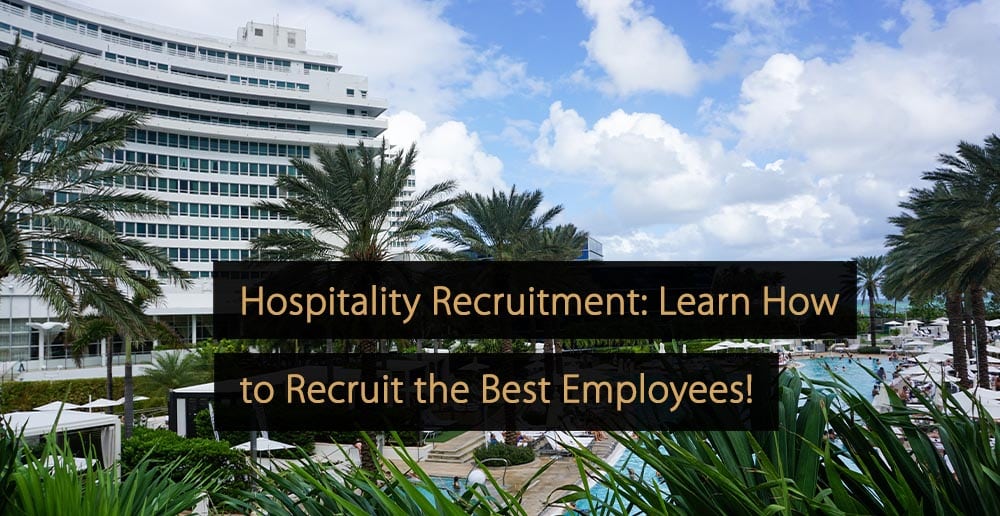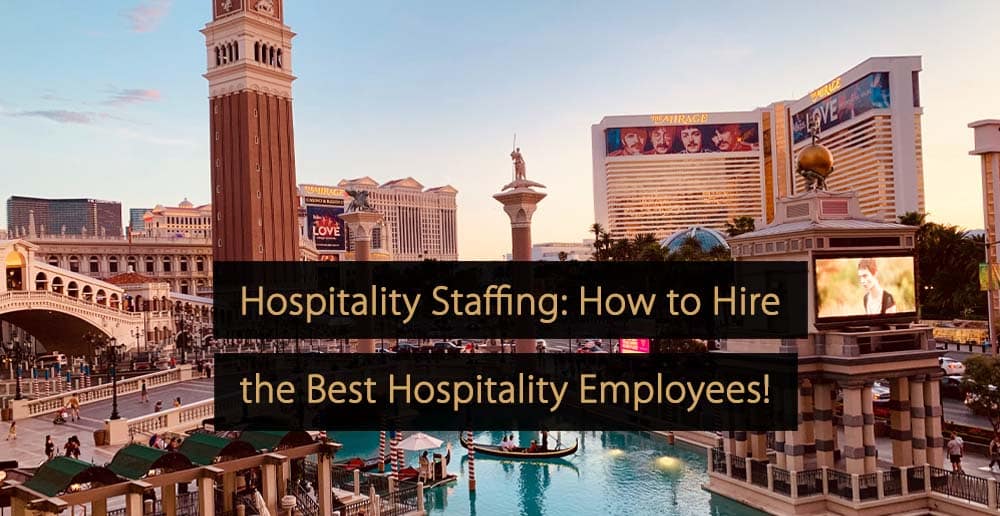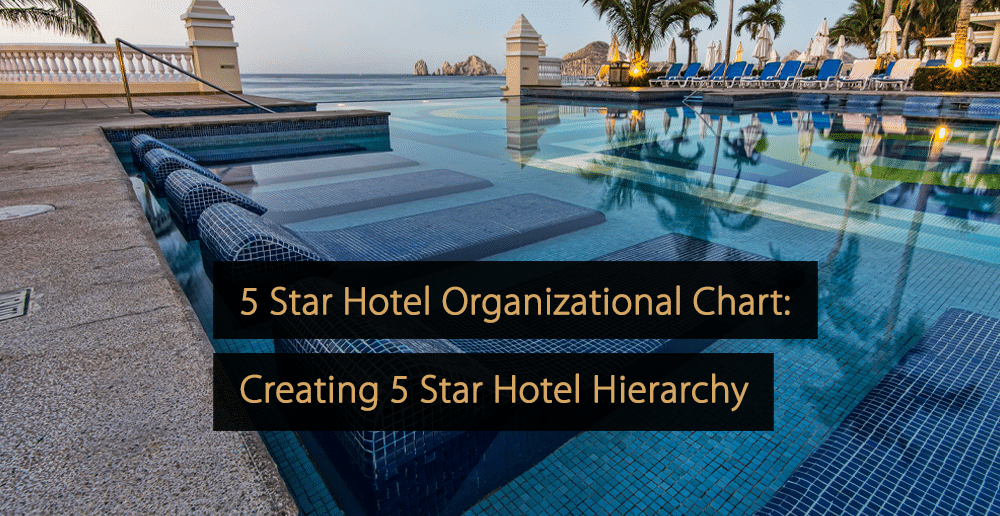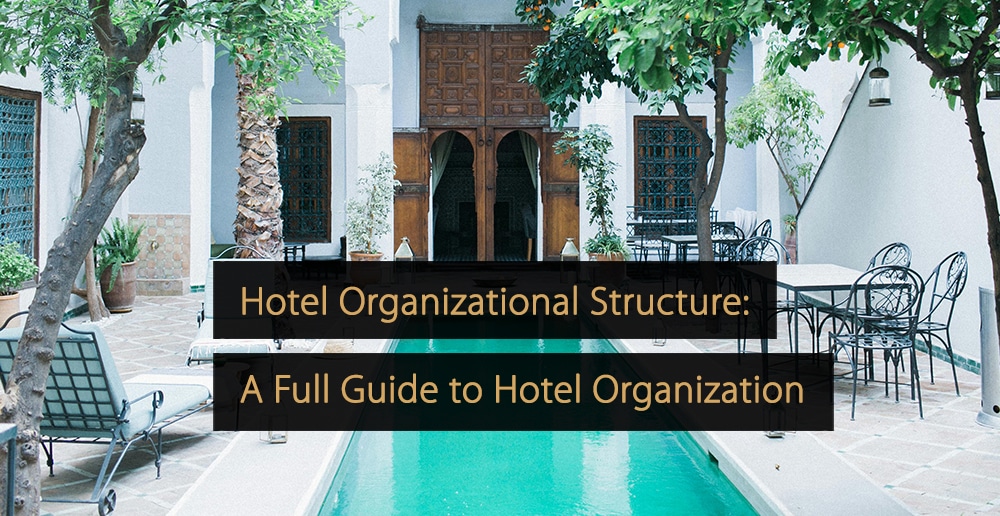A good hospitality recruitment strategy is at the very core of all success stories within the industry. Hospitality businesses want the best staff in place to provide great service, respond to customer needs, and make experiences positive and memorable. In this article, you can learn how to put the right processes in place, so you always attract the best applicants, filter out unsuitable candidates, and put together the best possible workforce.
Table of Contents:
- What is the Hospitality Industry?
- Overview of All Hospitality Positions
- What Are the Main Hospitality Recruitment Challenges?
- 12 Essential Hospitality Recruitment Tips for Hiring the Best Staff
- Be Precise With Your Job Description
- Post Your Job Advert in the Right Place
- Think About the Perks You Can Offer
- Provide Opportunities for Career Progression
- Make Effective Use of Social Media
- Use Irregular Schedules to Your Advantage
- Use Existing Staff to Find New Hires
- Attend Networking and Industry Events
- Recruit By Creating a Graduate Program
- Place an Emphasis on Your Workplace Culture
- Let Candidates See For Themselves
- Make Sure You Carry Out Background Checks
- All You Need to Know About Hospitality Management
- The Most Important Hospitality Technology Trends
- Stay Up-to-Date With the Major Hospitality Trends
What is the Hospitality Industry?
Exploring the intricacies of hospitality recruitment requires understanding the hospitality industry. The most commonly accepted hospitality meaning or definition describes it as the various segments of the service industry that focus on accommodation, food and drinks service, travel and tourism, and event planning.
Hospitality is primarily concerned with providing pleasant and enjoyable experiences. Within the broad category of ‘hospitality’ are businesses as diverse as hotels, restaurants, travel agencies, bars, nightclubs, cafes, travel agencies, cruise operators, car rental services, and tour operators.
In the “Hospitality Industry: The No. 1 Hospitality Information Guide!” article, you can find a comprehensive definition, along with a breakdown of the main sectors within hospitality. You will also find information on marketing, revenue management, emerging technology trends, and the best channels for finding or advertising hospitality jobs.
What is Hospitality Recruitment?
Hospitality recruitment is a term used to describe the entire process of attracting applicants, identifying candidates, and hiring workers for roles within the hospitality industry. This includes recruitment for businesses ranging from hotels and other accommodation types, to restaurants, bars, and travel service companies.
A particular focus of most hospitality recruitment efforts involves finding people who excel in customer service. Recruitment includes advertising vacancies, interviewing candidates and making hiring decisions. It may also consist of using industry contacts to source talent and requires businesses to clearly define job roles.
Overview of All Hospitality Positions
Hospitality recruitment covers various job roles, from food and beverage positions to management jobs, front office roles, and jobs related to maintenance, cleaning, and customer service. To manage your hospitality business effectively, you should optimize recruitment across your organization.
In the “Hospitality Careers: Overview of All Hospitality Positions” article, you will find an overview of all of the key hospitality positions, complete with information on what each hospitality job entails.
What Are the Main Hospitality Recruitment Challenges?
Hospitality recruitment can sometimes present unique challenges, making it more difficult to attract the best talent. A great example of this is the seasonable nature of many hospitality businesses. You might, for instance, be able to provide steady work over the main tourist season, or at certain times of the year, but not all year round.
Finding talent can also be tough because job markets are increasingly fragmented, and jobseekers use many different channels and platforms to find work. The hospitality industry also has high turnover rates, meaning you may need to replace employees and plug significant skills gaps regularly.
The flexible nature of work patterns in the hospitality industry can be great for some people, but it may not suit those who prefer a more structured, 9-to-5 routine. Similarly, many hospitality industry job opportunities are part-time, which will appeal to some people but perhaps not to the most experienced candidates.
If your business attracts a global customer base, challenges can be associated with providing customer service in multiple languages. Of course, other businesses also compete for the same talent, which can lead to a situation where the best talent can demand a high pay rate and various other job perks.
12 Essential Hospitality Recruitment Tips for Hiring the Best Staff
The sections that follow will offer a number of valuable hospitality recruitment tips so you can attract the best staff.
1. Be Precise With Your Job Description
The first step in optimizing your hospitality recruitment strategy is creating the ideal job description for every position you advertise. This is the primary information applicants will use to determine whether the job sounds like the right fit for them, so you must be clear, accurate, and honest about what the role entails.
Your job description should explain the job title and the core duties and responsibilities. It should provide information about the hours that will need to be worked and what day-to-day life will be like when working in the role. You should also include your preferences for qualifications and previous work experience.
Video: Tips for Recruiting Hospitality staff
2. Post Your Job Advert in the Right Place
Next, you need to select the right channel or channels to actually list the vacancy and place your job advertisements. You can advertise the job on your company website and on your social media channels. Still, you should also consider job boards and other third-party platforms focusing on restaurant, tourism, and hotel jobs.
Examples of platforms you may wish to consider using include:
In the “Hospitality Jobs: Overview of All Channels to Find Your Next Job” article, you can find a list of some of the other great third-party platforms that can assist you with your hospitality recruitment efforts.
3. Think About the Perks You Can Offer
Optimizing hospitality recruitment requires attracting the very best applicants, and you should not be afraid to offer clear incentives for these candidates to fill out an application form. One of the best ways to incentivize top talent is to provide interesting, unique, or valuable job perks.
Businesses operating in the hospitality sector are ideally placed to offer perks like free or discounted meals and hotel stays. However, you may also be able to advertise other perks, such as bonus payments, comprehensive employee benefits, and paid travel for work events, which could all help your job listing stand out from other ads.
4. Provide Opportunities for Career Progression
When applying for jobs, many applicants are not only going to think about their short-term future, but their long-term prospects as well. During interviews, when candidates can ask a question of their own, they commonly ask about career progression and the opportunities they may have to advance.
Therefore, to optimize hospitality recruitment, you also need to create a culture where employees are rewarded for their work over time and where people can advance from one job to the next. You will find it much easier to attract the best workers if those workers know that hard work will be rewarded.
5. Make Effective Use of Social Media
Effective use of your different social media channels can help you greatly expand the reach of your job advertisements and even reach people who may not be actively seeking a new job via job boards and similar platforms. LinkedIn is an obvious channel to focus on, but do not neglect Facebook, Twitter, YouTube, Instagram, and TikTok.
You can use social media channels to produce additional content that may attract applicants, including video content, infographics, and other content highlighting the benefits of working with your business. Your hospitality recruitment efforts can also be aided by the opportunity social media provides to show off your company culture.
Video: Social Media Recruiting | Social Media Recruiting Strategies
6. Use Irregular Schedules to Your Advantage
Hospitality recruitment is often hindered by irregular schedules or work patterns, which are common in hotels, restaurants, and tour operator roles. Depending on your location, your business may offer flexible work patterns, seasonal work schedules, zero-hours contracts, and night shifts. Yet, you can turn this into a positive if you make sure you target job ads towards the people who are actually going to be a good fit for your more irregular schedules.
The hotel industry may have roles that are busy during the peak season, but much less busy at other times of the year, so try to appeal to applicants who may have a matching gap in their schedule. A ski instructor or teacher may have a gap in their schedule during summer, while some tour guides may be available to work other jobs in the winter.
7. Use Existing Staff to Find New Hires
Your existing staff can be one of your most valuable hospitality recruitment tools, so try to capitalize on their knowledge and contacts. Some of your employees may have friends or former work colleagues who they know would be a great fit in your organization. Be sure to ask your employees for referrals regularly.
You can even incentivize existing employees who successfully refer somebody you eventually recruit. While it is important not to become entirely reliant on hiring friends and past colleagues of existing staff members, it is a good way to quickly and easily gain access to candidates who come with some level of recommendation.
8. Attend Networking and Industry Events
As a hospitality manager, you will likely have opportunities to attend various industry events, which are perfect networking opportunities. Rather than simply using these events to build up your list of contacts and potential business partners, why not use them as a resource for hospitality recruitment, too?
Look for opportunities to connect with other people in your industry, showcase your brand, highlight your values, and demonstrate your culture. You can use industry events to portray your business as a great place to work, which will, over time, naturally lead to improvements in the quality of candidates you attract.
9. Recruit By Creating a Graduate Program
Colleges and universities have thousands of people who are studying in the hopes of seeking out hospitality management jobs in the future. One of your best hospitality recruitment options is to provide a clear pathway for some of these students to graduate and enter a well-paid, respectable job.
Hiring qualified and knowledgeable people for management positions at the very beginning of their careers is advantageous because it can generate loyalty while allowing you to shape the way they approach management.
10. Place an Emphasis on Your Workplace Culture
Generally, job seekers do not simply want to find a job that pays their bills. They want to feel like they are part of something meaningful and to work for businesses and brands that align with their wider social values. For this reason, you should strongly emphasize your workplace culture while advertising.
Different people are drawn to different cultures, so be honest and transparent. Are you hiring for a position that will be serious and high-pressure, like in a restaurant kitchen? Are you adding to a team of relaxed, fun hotel staff? Does your brand prioritize issues like sustainability and the environment? Let applicants know in advance.
11. Let Candidates See For Themselves
One of the best ways to attract candidates who may be in high demand is actually to invite them to see your hospitality business in action. If you want them to work in the kitchen of a restaurant, show them what the atmosphere is like. If they are going to work in a hotel, why not offer them a spare room for a night and allow them to explore?
Hands-on job previews are another great option here, allowing candidates to actually perform some of the tasks they might be expected to do. “Show, don’t tell” can be great advice if you are confident that you have a great working environment. Allow candidates to see it for themselves first-hand, and you might gain an edge over the competition.
12. Make Sure You Carry Out Background Checks
Finally, background checks are a necessary part of the hospitality recruitment process, because you need to make sure you are hiring people who are dependable and in keeping with your values. This can be especially important in settings like hotels, where employees could access guest rooms and, therefore, guests’ personal belongings.
Background checks can take different forms. Criminal records checks are important, but you should also go further. Carry out Google searches, take a look at social media accounts, and see if there are other online traces of applicants. Pay attention to the kind of person they seem to be and ensure there are no obvious causes for concern.
All You Need to Know About Hospitality Management
Hospitality recruitment and attracting the best talent is a major responsibility associated with hospitality management. However, it is just one part of a much larger puzzle. Hospitality management involves overseeing the key commercial, operational, and administrative tasks of a hotel, restaurant, or other hospitality business.
In the “Hospitality Management: The Essentials About Hospitality” article, you will find a detailed overview of hospitality management as a discipline and learn about some of the main qualification requirements. You will also have access to plenty of relevant links for further reading that can deepen your understanding.
The Most Important Hospitality Technology Trends
One of the reasons hospitality recruitment can be so challenging is that the requirements are always shifting. A great example of this is the constantly evolving nature of hospitality technology, which means that your recruits will need to be willing to constantly learn to take advantage of new tools.
In the “The Latest Technology Trends in the Hospitality Industry” article, you can explore all of the major technological innovations and emerging trends shaping the hospitality sector.
Stay Up-to-Date With the Major Hospitality Trends
In addition to managing or overseeing hospitality recruitment efforts, a hospitality manager must also keep up with the latest hospitality trends, including the increased focus on sustainability, improvements to AI and robotics technology, the greater focus on hygiene emerging after the COVID-19 pandemic, and more.
In the “Hospitality Trends: The Latest Trends in The Hospitality Industry” article, you can explore the most significant hospitality trends to be aware of in the years to come and learn why they are so important.
Hospitality Recruitment FAQs
Getting your hospitality recruitment strategy right is crucial for attracting the best candidates and building the best teams. By following the tips provided, you should find that the quality of applicants improves, and you make better recruitment decisions, resulting in functional teams with less turnover.
More Tips to Grow Your Business
Revfine.com is the leading knowledge platform for the hospitality and travel industry. Professionals use our insights, strategies, and actionable tips to get inspired, optimize revenue, innovate processes, and improve customer experience.Explore expert advice on management, marketing, revenue management, operations, software, and technology in our dedicated Hotel, Hospitality, and Travel & Tourism categories.
This article is written by:
Hi, I am Martijn Barten, founder of Revfine.com. With 20 years of experience in the hospitality industry, I specialize in optimizing revenue by combining revenue management with marketing strategies. I have successfully developed, implemented, and managed revenue management and marketing strategies for individual properties and multi-property portfolios.










Leave A Comment